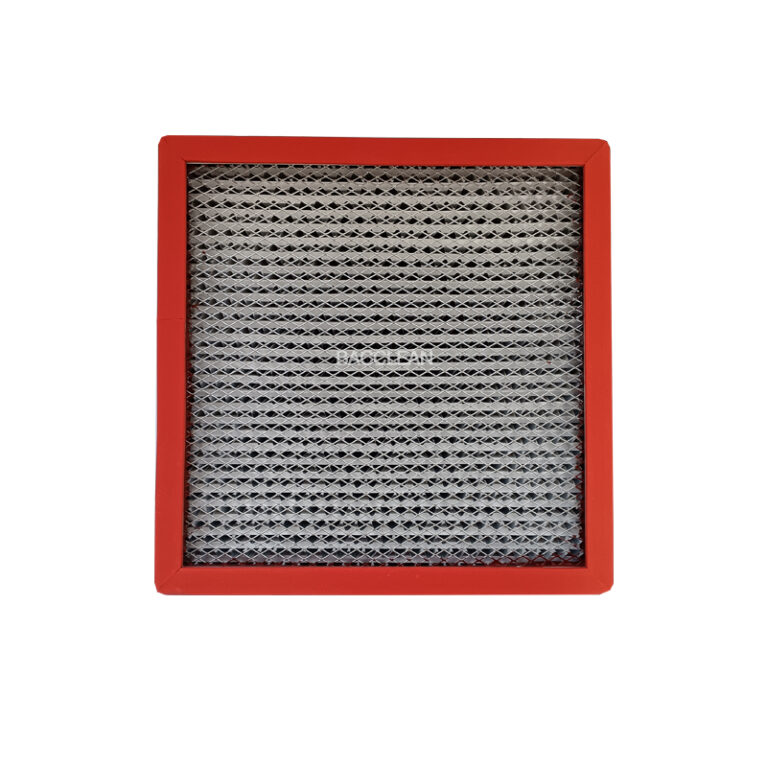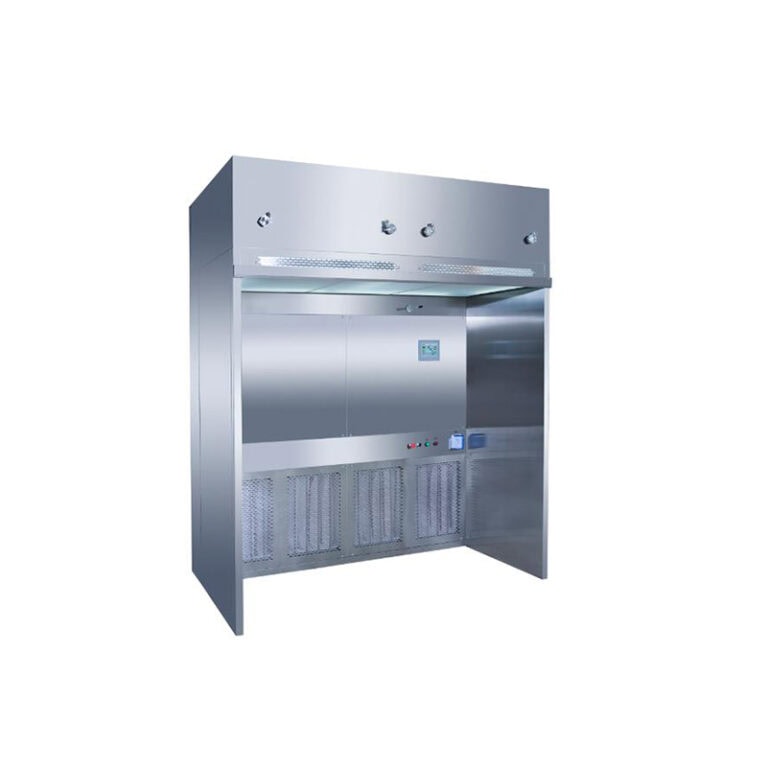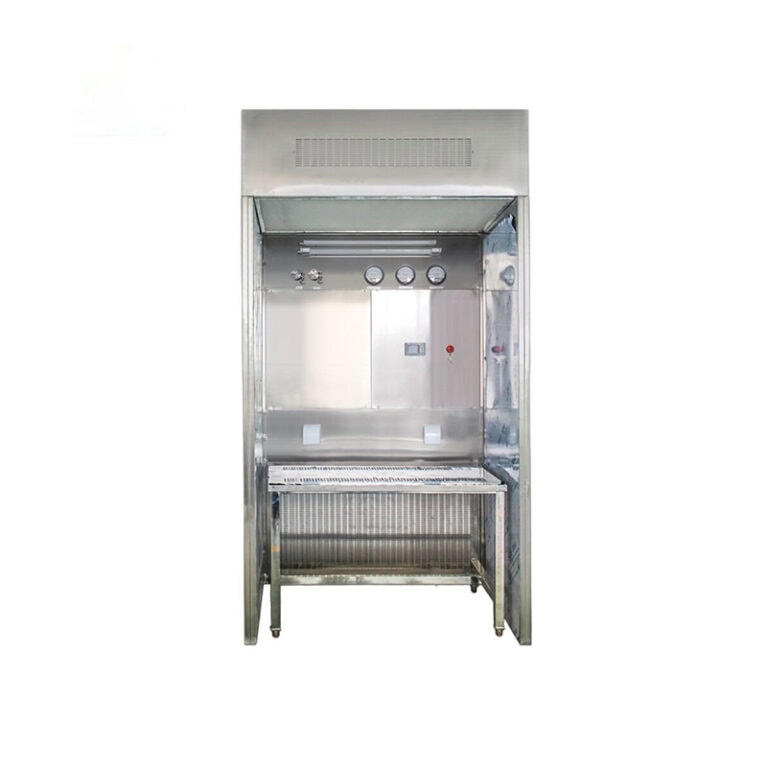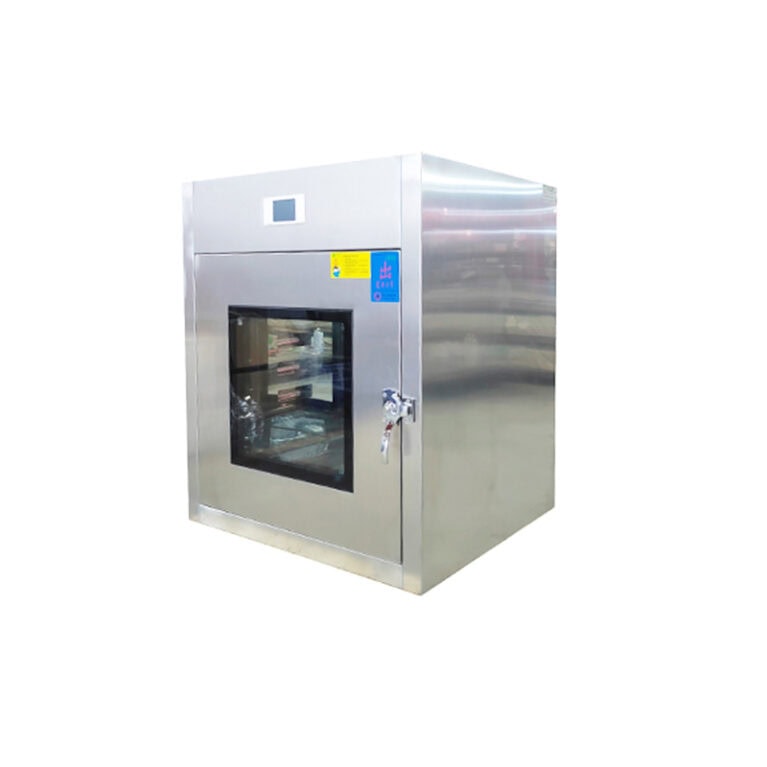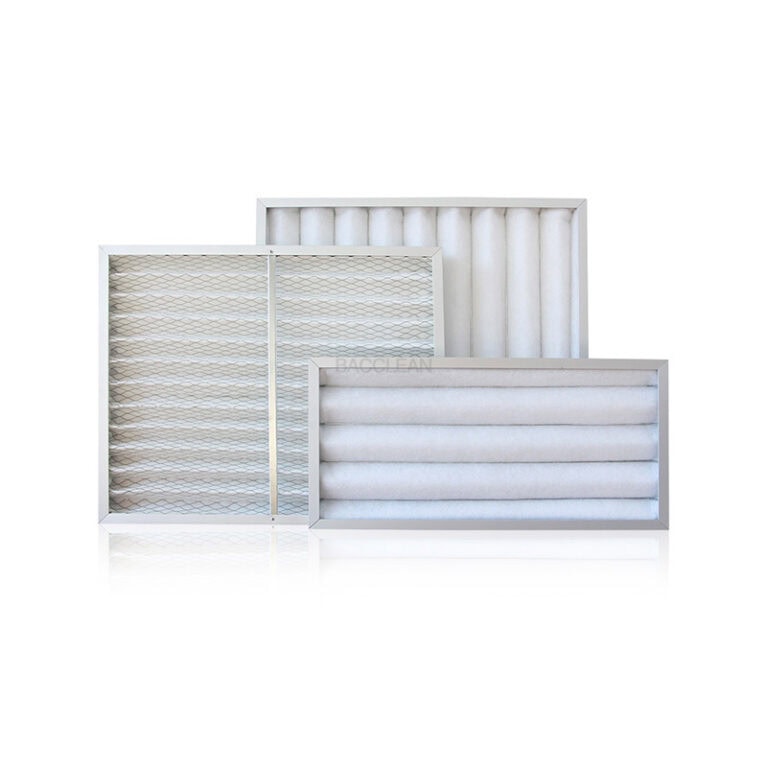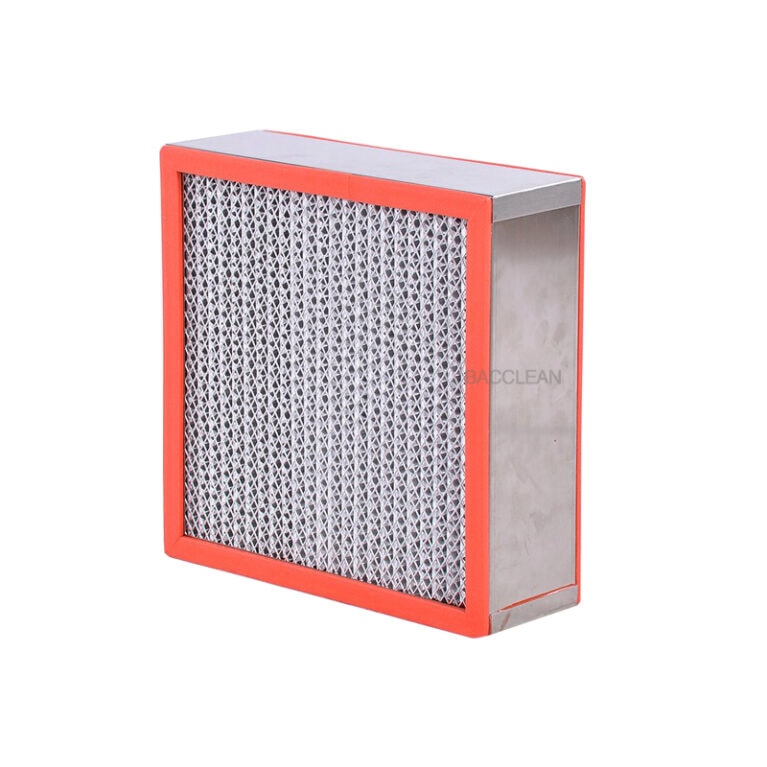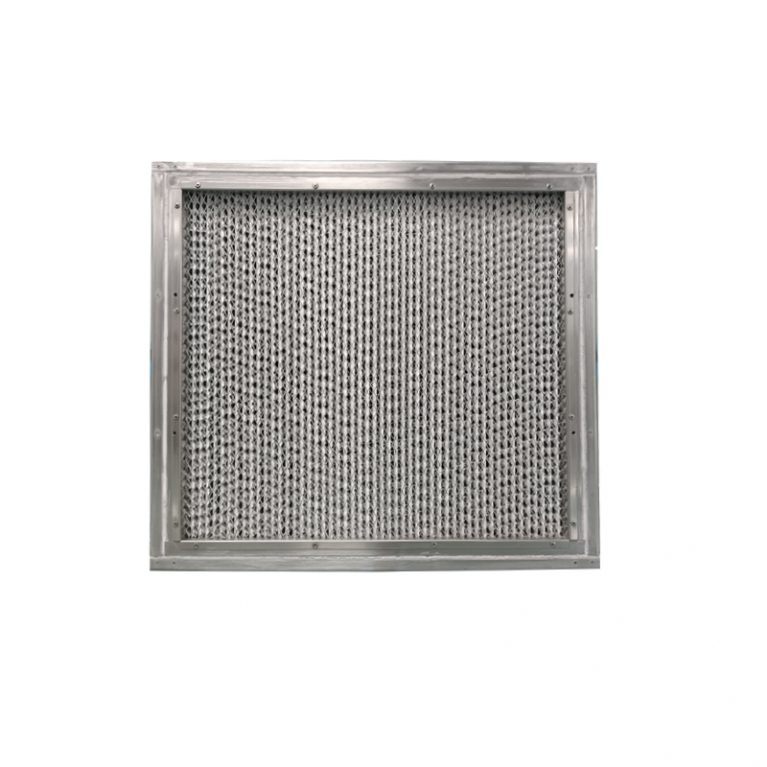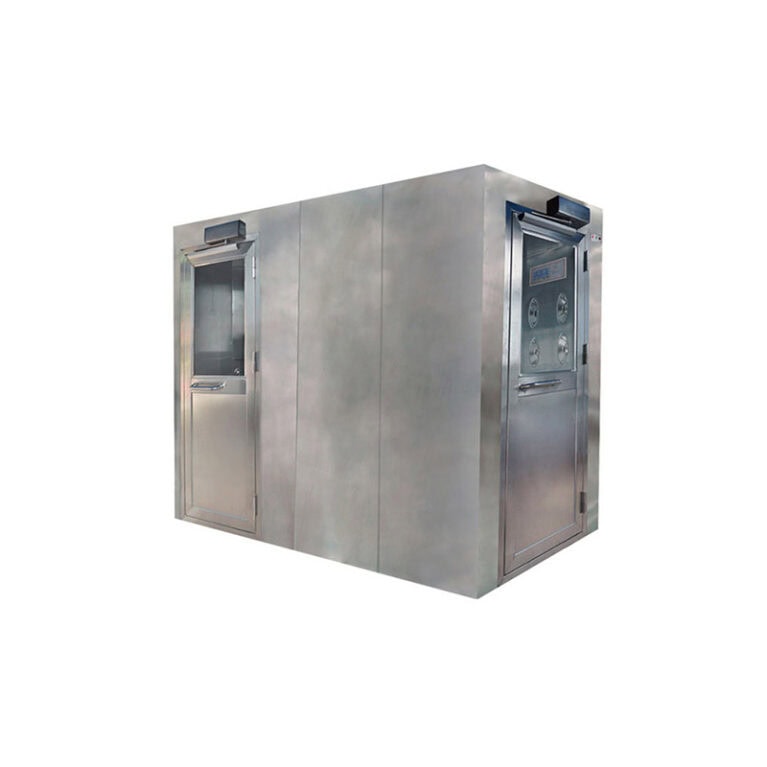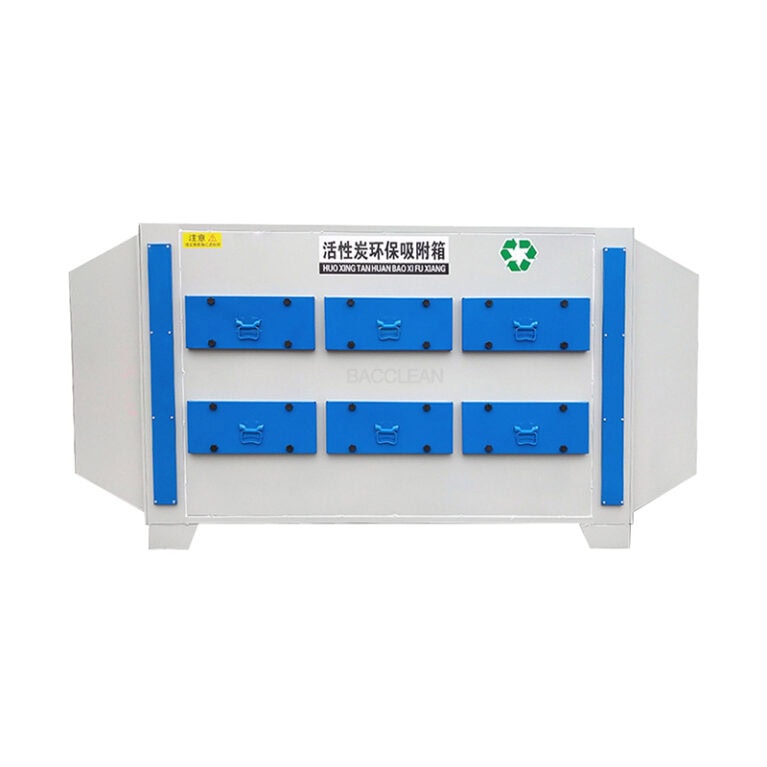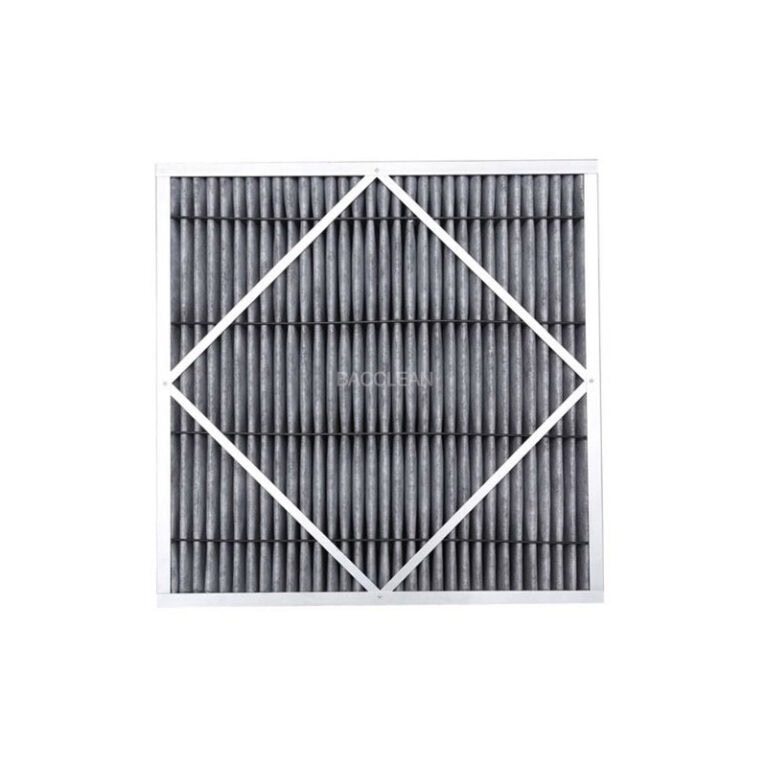As a dedicated purification device for goods and materials, the core function of the goods shower room is to remove dust, hair and other contaminants adhering to the surface of goods through high-speed clean air flow, preventing them from entering the clean area and damaging the environmental cleanliness. It is mainly applied in multiple industries with strict requirements for the cleanliness of materials. The specific fields are as follows:

1. Pharmaceutical and medical device industry
This is one of the core application fields of the material shower room, with extremely high requirements for material purification.
Pharmaceutical factory: It covers the raw material entry, semi-finished product transfer channels, and purification process before finished products leave the warehouse in the production workshops of sterile drugs, biological preparations, chemical drugs, etc. The production of pharmaceuticals must comply with GMP (Good Manufacturing Practice for Pharmaceuticals). During transportation, goods (such as raw material packaging, excipient pallets, and finished product packaging boxes) are prone to dust and microorganisms. The cargo shower room can effectively reduce the risk of contamination and ensure the quality of pharmaceuticals.
Medical device factory: For the production materials of surgical instruments, implantable medical devices, precision medical equipment, etc. (such as metal parts, plastic components, packaging materials), purification is carried out before entering the clean assembly workshop to prevent contaminants from affecting the accuracy and sterility of the devices.
2. Food and beverage industry
It is suitable for food production scenarios with strict hygiene standards and conforms to the hygiene norms of the food industry.
High-cleanliness requirement food factories: including raw material storage channels and packaging material entrances for production workshops such as sterile food, health food, infant formula food, and cold chain pre-prepared food. For instance, PET bottle trays for aseptic beverages, flour raw material bags for baked goods, and packaging components for infant formula milk powder, etc., can reduce the contamination of food by bacteria and dust after being dusted in the air shower.
High-end beverage production: In the production workshops of wine, high-end bottled water, and functional beverages, the purification treatment of materials (such as wine bottles, bottle caps, and raw material turnover barrels) before they enter the clean filling area ensures the quality and shelf life of the beverages.
3. Electronics and semiconductor industry
This industry is extremely sensitive to fine dust, and the material shower room is a key equipment for material purification.
In the semiconductor and chip industry, raw materials and semi-finished products such as wafers, PCB boards, and electronic components (such as resistors and capacitors) are subject to surface dust removal through material showers before entering clean production workshops (such as 100-level and 1000-level clean areas) to prevent chip short circuits and component performance degradation caused by fine dust, ensuring product yield.
Electronic equipment assembly: such as the production workshops of high-end smart phones, precision sensors, and electronic instruments, the purification treatment of materials (such as screen components, circuit board trays, and accessory packaging boxes) to prevent contaminants from affecting the assembly accuracy and usage stability of the equipment.
4. Laboratories and research fields
It is used in scenarios with high requirements for the cleanliness of the experimental environment to ensure the accuracy of the experimental results.
Biosafety laboratory: Purification of experimental consumables (such as petri dishes, reagent packaging, and experimental animal feed) and accessories of experimental equipment before they enter the laboratory to prevent external contaminants from interfering with biological experiments, microbial cultures, and other research work.
Clean laboratories: such as optical laboratories, materials science laboratories, and nanotechnology laboratories, purification of related experimental materials (such as optical lens blanks, nanomaterial samples, and precision experimental devices) to prevent dust from affecting the accuracy of experimental data.
5. The automotive precision components industry
Focus on the production process of core precision components for high-end automobiles.
Key component production: In the material channels of production workshops such as engine core components, transmission parts, and electronic control systems (such as autonomous driving sensors, on-board chips), goods (such as metal precision castings, electronic module packaging, parts turnover boxes) pass through the material spray room to remove surface dust and oil stains, avoiding affecting the assembly accuracy and service life of components.
In the field of new energy vehicles: Purification of production materials such as lithium battery cells, battery modules, and photovoltaic vehicle-mounted components to prevent impurities from affecting battery performance and safety.
6. Cosmetics and daily chemical industry
It is suitable for high-end or aseptic cosmetic production scenarios.
High-end cosmetics factory: Raw material entrances and packaging material channels in production workshops for sterile cosmetics, medical aesthetic products (such as injectable skin care products), and cosmetic products, etc. Purify raw materials (such as essence raw material buckets, powder raw material bags), packaging bottles, packaging boxes, etc., to prevent dust and microorganisms from affecting product quality, and meet the cleanliness standards for cosmetics production.
7. Other special fields
Aerospace field: Purification of production materials for aerospace precision components (such as satellite components and aircraft engine blades) to ensure the reliability of components in extreme environments.
In the photovoltaic and new energy field: Purification of production materials for photovoltaic cells and modules (such as silicon wafers and packaging materials) before they enter the clean workshop to prevent impurities from affecting the conversion efficiency of photovoltaic products.

